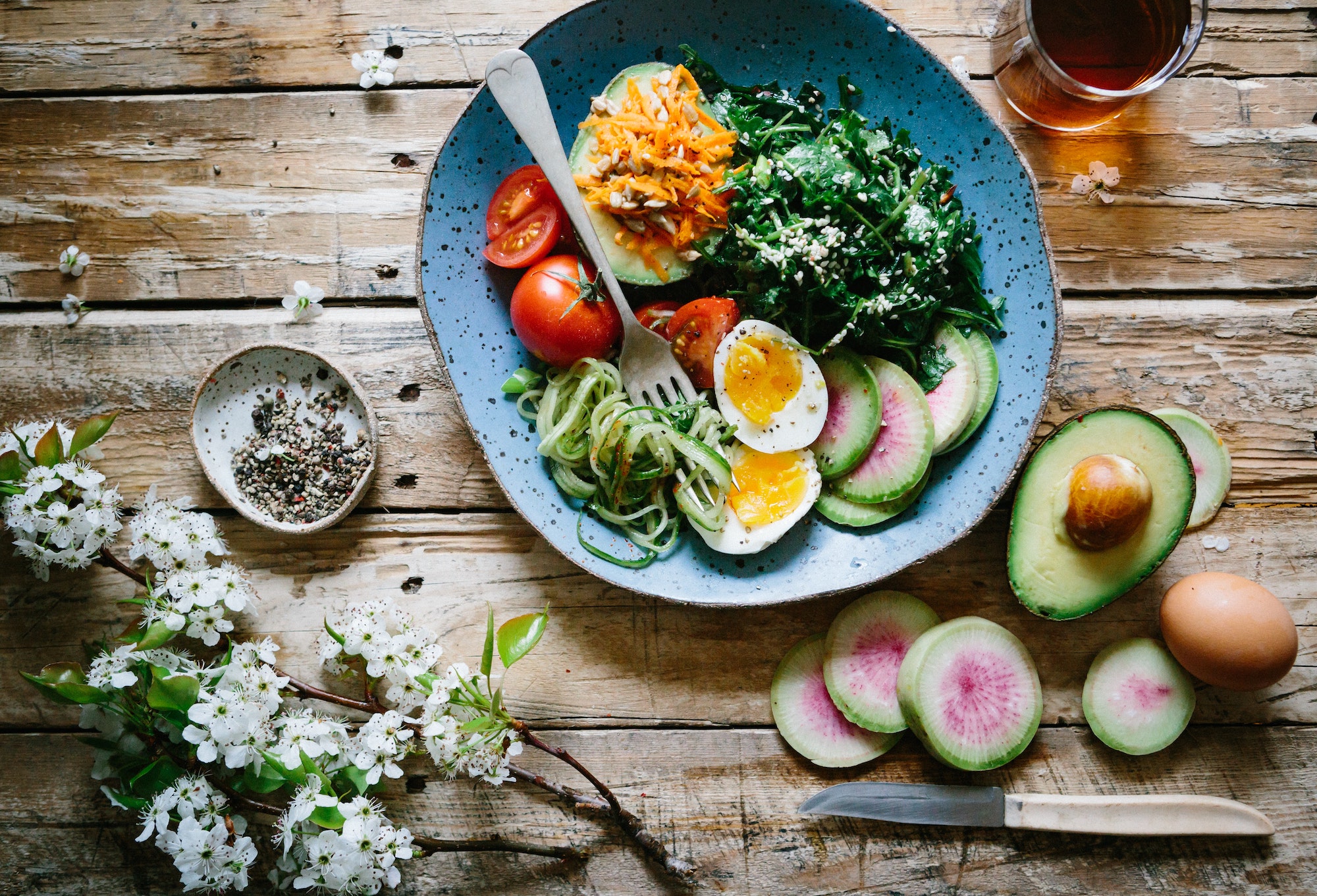Our moods can be one of the first indicators that something is out of kilter with us. There are many factors that can contribute to our moods such as daily social/world issues, monetary struggles, personal relationships, and overall health concerns. However, we often fail to consider how the foods we consume – or don’t consume – each day can have a direct effect on the structure and function of our brains and our moods.
As George Watson, author of Nutrition and Your Mind states, “Not only could the absence of certain nutritional factors vitally impair mental health, but the excess of some of these very same factors in certain persons could also vitally impair mental health.”
Diets high in refined and processed foods are strongly correlated with mental health risk. These inflammatory foods are mostly found in most American diets, known in the United States as a SAD diet, or Standard American Diet. On the other hand, adopting an anti-inflammatory “whole foods,” traditional diet has been found to be protective against developing depression among other mental illnesses.
Food For Mood – What to Consume
Foods can determine our moods since they affect our brain’s neurotransmitter levels and functions. Neurotransmitters relay messages within your brain and throughout your body which can create feelings of relaxation and alertness. Carbohydrate-rich foods help to raise levels of serotonin, a chemical responsible for feelings of calm and wellness; and protein-rich foods enhance alertness, focus and mental concentration.
Additionally, healthy fats improve brain function and memory, so including carbohydrates, protein and fat at each meal and when snacking helps to balance your brain function. Conversely, having an unbalanced plate and/or skipping a meal can throw off your blood sugar level. All the more reason to fill at least half of your plate with wholesome carbohydrate-rich vegetables and whole grains, a piece of quality protein (about the size of your palm), and a small helping (tablespoon or two) of healthy fat.
Foods that enhance mood are nutrient-rich and full of healthy ingredients that our bodies and brains need to thrive.
Foods that enhance mood are nutrient-rich and full of healthy ingredients that our bodies and brains need to thrive. Some examples are:
Carbohydrate-rich foods should be wholesome, not refined, to release serotonin. These include vegetables, whole grains, potatoes/sweet potatoes, fruits, nuts/seeds, quinoa, beans and legumes.
High-quality protein sources for other neurotransmitters release, dopamine and norepinephrine, are fish, organic poultry, organic dairy (yes, cheese is a nutritious food!), whole eggs, grass-fed beef, beans, nuts/seeds and tempeh.
Healthy fats, even in small portions, help to stabilize your blood sugar level and nourish your brain. Examples of good fats are extra virgin olive oil, coconut oil, avocado, ghee/butter, fatty fish, dark chocolate, nut/seed butter, and cheese.
Probiotic-rich foods in our diets help to keep our guts healthy. If our gut is struggling or lacking the friendly bacteria that it thrives on, it’s inevitable that our mental health will suffer. Foods such as sauerkraut, yogurt, kefir, pickled vegetables, miso, and kimchi are examples of probiotic-rich foods that replenish good bacteria into our gut microbiome. Traditional food wisdom says when you’re in a funky mood to have a spoonful of a fermented food to help snap you out of it!
Food For Mood – What to Limit or Avoid
Foods that can negatively impact our moods are those which contribute to decreased serotonin levels. They can affect our mental health by causing inflammation and preventing the production of omega-3 fatty acids, a necessary ingredient to improve brain function and mental health. So, some foods to avoid include highly processed, sugar-laden, refined foods that may contain trans fats such as potato chips, pizza, fast food, pastries, cakes, cookies, fried foods, processed lunch meats, white breads/crackers (or any foods containing white flour), etc.
Balanced, Healthy Snacking Ideas
When meals are balanced, you may not feel the urge to snack! But, if you are hungry for one, here are some satisfying inspirations:
- Red bell pepper slices with guacamole
- Apples and peanut butter
- Celery sticks with cream cheese
- Greek yogurt with berries
- Hard boiled eggs
- Crackers and (canned) tuna fish
- Cucumber slices with hummus
- Cottage cheese with fresh fruit
- Protein smoothie
- Cherry tomatoes with mozzarella
- Beef jerky sticks (this is a grass-fed, clean brand)
- Chia pudding
- Olives with feta cheese
- Cantaloupe wrapped in slices of prosciutto
- Homemade trail mix (nuts, seeds, dried fruits)
When Food is Not Enough
Remember, it’s not always about food. There are other ways to target your moods that are off of your plate. Psychiatrist Anna Lembke recently wrote an excellent book called Dopamine Nation, where she explains a bit about dopamine, here, and how our current stressful lifestyles are affecting us on many levels. Here are just a few suggestions to inspire you beyond food:
- Drink plenty of water throughout the day
- Exercise 20-minutes per day for better mood
- Practice meditation
- Limit social media and/or time on your phone
- Take a cold shower!
- Play uplifting, favorite music
Lastly, adding mood-enhancing foods may not completely fix a specific issue you are dealing with, but the foods and snack foods suggested to consume or avoid consuming may help to improve your physical and mental health. I always recommend speaking with your physician or a trusted, certified health coach to learn more about different dietary options to address your unique situation.



